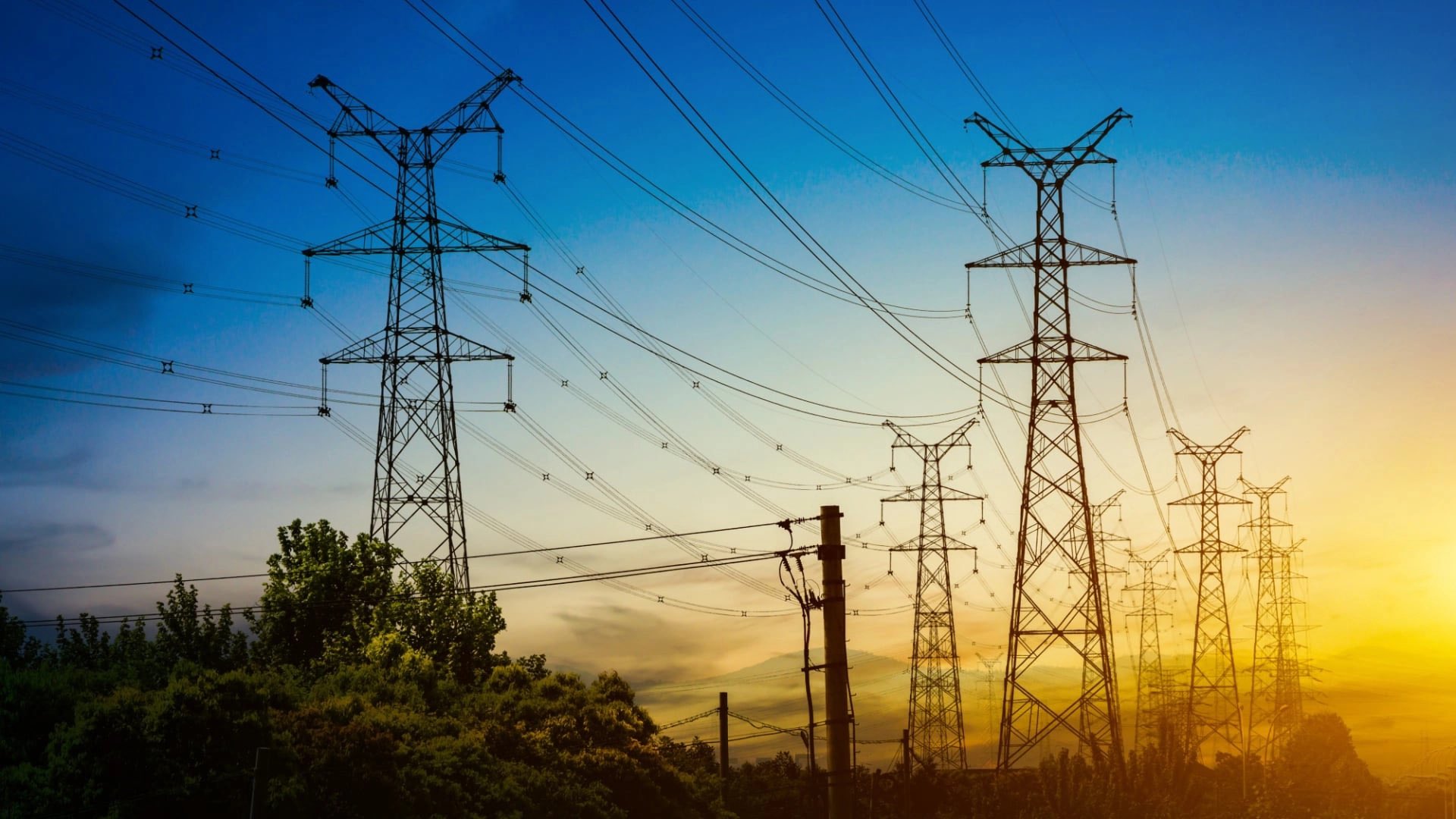News
Electricity Shock and Rising Rates: South African Households Face Harsh July Increases

Brace yourself. July is here and with it comes a painful surge in electricity, water, and municipal charges across South Africa.
From Johannesburg to Tshwane, the cost of simply keeping the lights on and water running is climbing fast. For already stretched households, the new month brings no relief, just more numbers climbing on the monthly bill.
1 July Means a New Financial Year And New Costs
With the start of the municipal financial year on 1 July, South African cities are rolling out updated budgets. Unfortunately for residents, that mostly means above-inflation rate hikes across essential services like electricity, water, sanitation, and refuse removal.
In Joburg, for instance, electricity is going up 12.7%, while water and sanitation will spike by 13.9%. These increases come despite the city’s R200 billion maintenance backlog an issue that more money from consumers alone won’t fix.
In Tshwane, rate hikes follow a similar pattern: electricity up 10.2%, water up 13%, and a new R194 monthly city cleaning fee for households without a waste account. That’s on top of everything else, adding more pressure on already burdened budgets.
Cape Town and eThekwini, while not immune, are offering slightly smaller increases. Cape Town’s 7.2% electricity bump and 4.5% water hike are comparatively lower—but high-income residents will carry more of the financial load under the city’s redistributive model.
Not Just the Numbers You See: Electricity Bills Could Climb 30-80%
Here’s the kicker: even if your municipality says electricity is only increasing by 12%, your actual bill could jump by up to 80%.
That’s because Eskom’s new Retail Tariff Plan (RTP), partially introduced in April 2025, brings in a web of new charges that go beyond the simple “per kilowatt hour” rate we’re used to. These include:
-
Generation Capacity Charges (R/day)
-
Network Capacity and Demand Charges
-
Service and Admin Fees (charged daily, even if you don’t use electricity)
-
Ancillary Services Fees
The new RTP structure hits low-usage households the hardest, meaning those who use energy sparingly to save money may ironically see the highest percentage increases.
By 2027/28, when the RTP is fully phased in, electricity bills could rise over 75% compared to 2024/25, according to analyst Pieter Jordaan.
Already, Eskom direct customers have been reporting shocking bills since the partial rollout began. The next phases in 2026 and 2027, each bringing an estimated 30% increase are expected to hit just as hard.
Municipalities Will Pass on the Pain
Here’s the part that affects everyone: even if you’re not an Eskom direct customer, your municipality is. And as Eskom’s own costs rise, cities will inevitably pass those hikes on to you.
So, while the current percentage increases for 2025 might look manageable, they’re just the beginning of a multi-year climb that few households are financially prepared for.
Social Media Reacts: “How Are We Meant to Survive?”
As news of the hikes spreads, social media has lit up with frustration. On X (formerly Twitter), #ElectricityCrisis and #RatesHike trended in Joburg, with users sharing their horror at current bills and fear about what’s coming.
“My bill just doubled. Doubled. And they say it’s only a 12% increase?” one user posted.
“New month, new robbery. How are we meant to survive this?” another added.
Local WhatsApp groups in areas like Soweto and Pretoria East have seen similar outcries, with many urging neighbours to attend upcoming council meetings or switch to prepaid meters where possible.
No End in Sight
There’s no sugarcoating it: July 2025 marks a turning point. Households across South Africa are being asked to foot the bill for outdated infrastructure, delayed reforms, and costly new energy structures.
And while some cities offer marginal relief, like Tshwane’s 4% drop in property rates to account for new property valuations—most residents won’t feel any real benefit.
Instead, the question for many is simple: How do we make ends meet when every basic service costs more , yet delivers the same, or worse, value?
South Africans are resilient, but this week, they’re also angry. And as municipal bills hit inboxes and post boxes across the country, that anger is only likely to grow.
{Source: BusinessTech}
Follow Joburg ETC on Facebook, Twitter , TikTok and Instagram
For more News in Johannesburg, visit joburgetc.com















